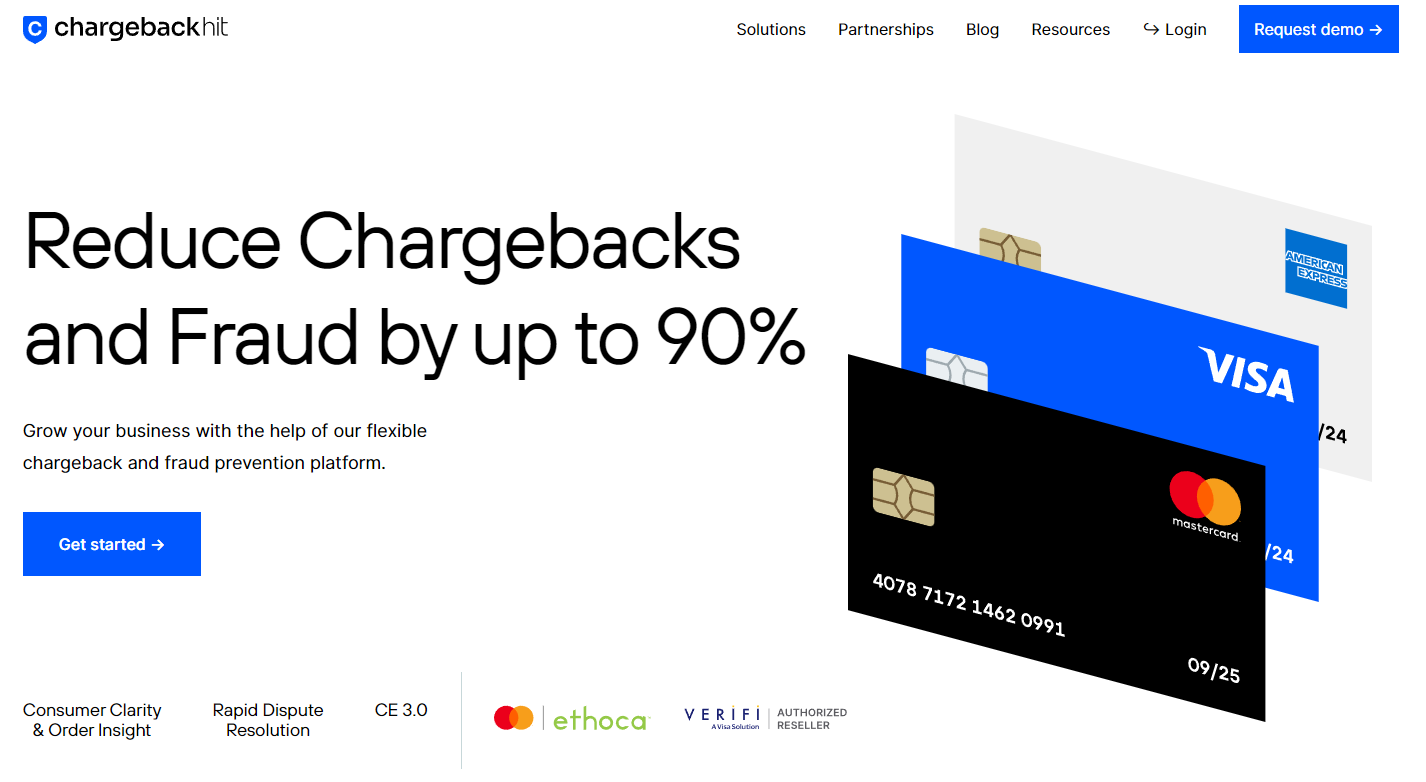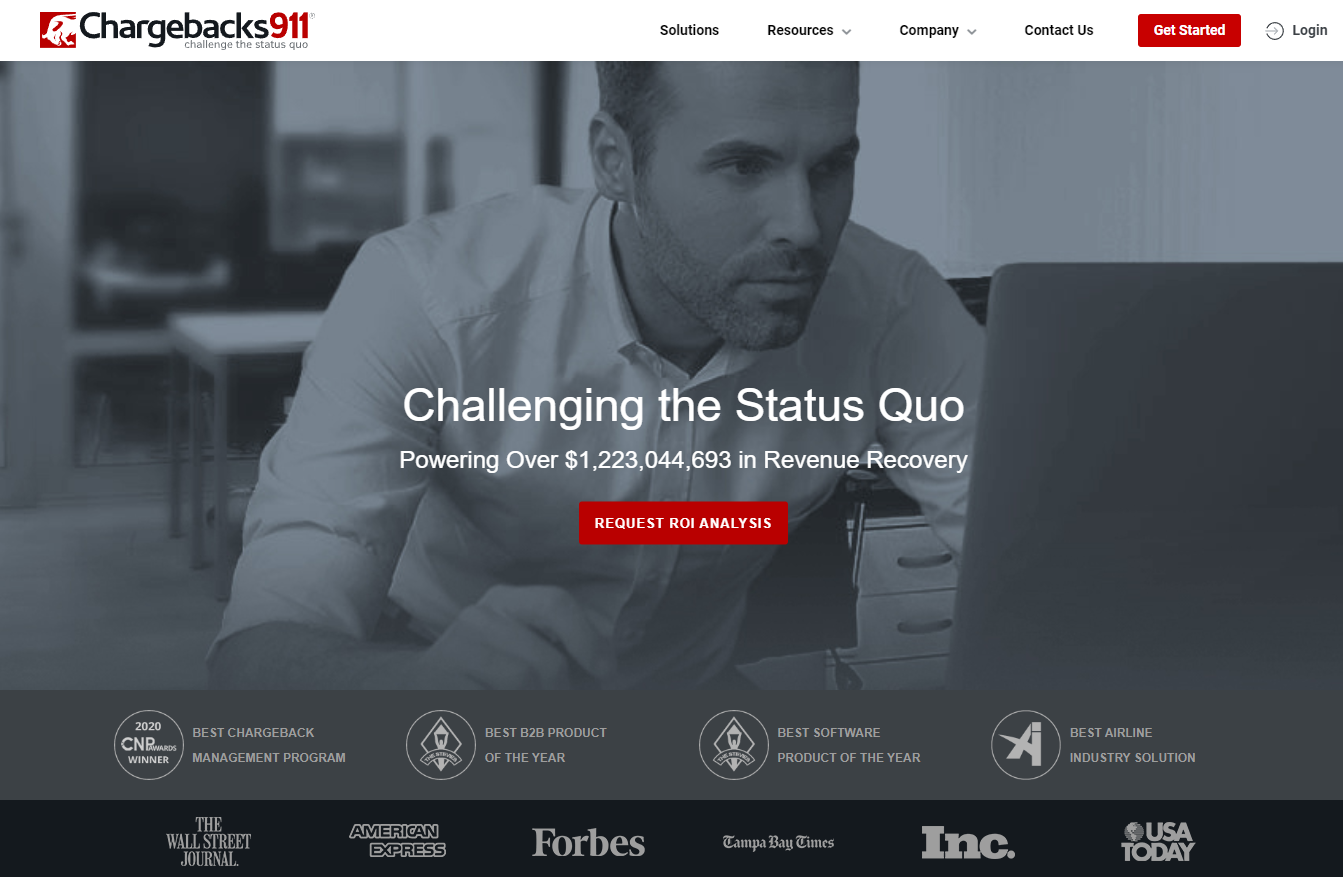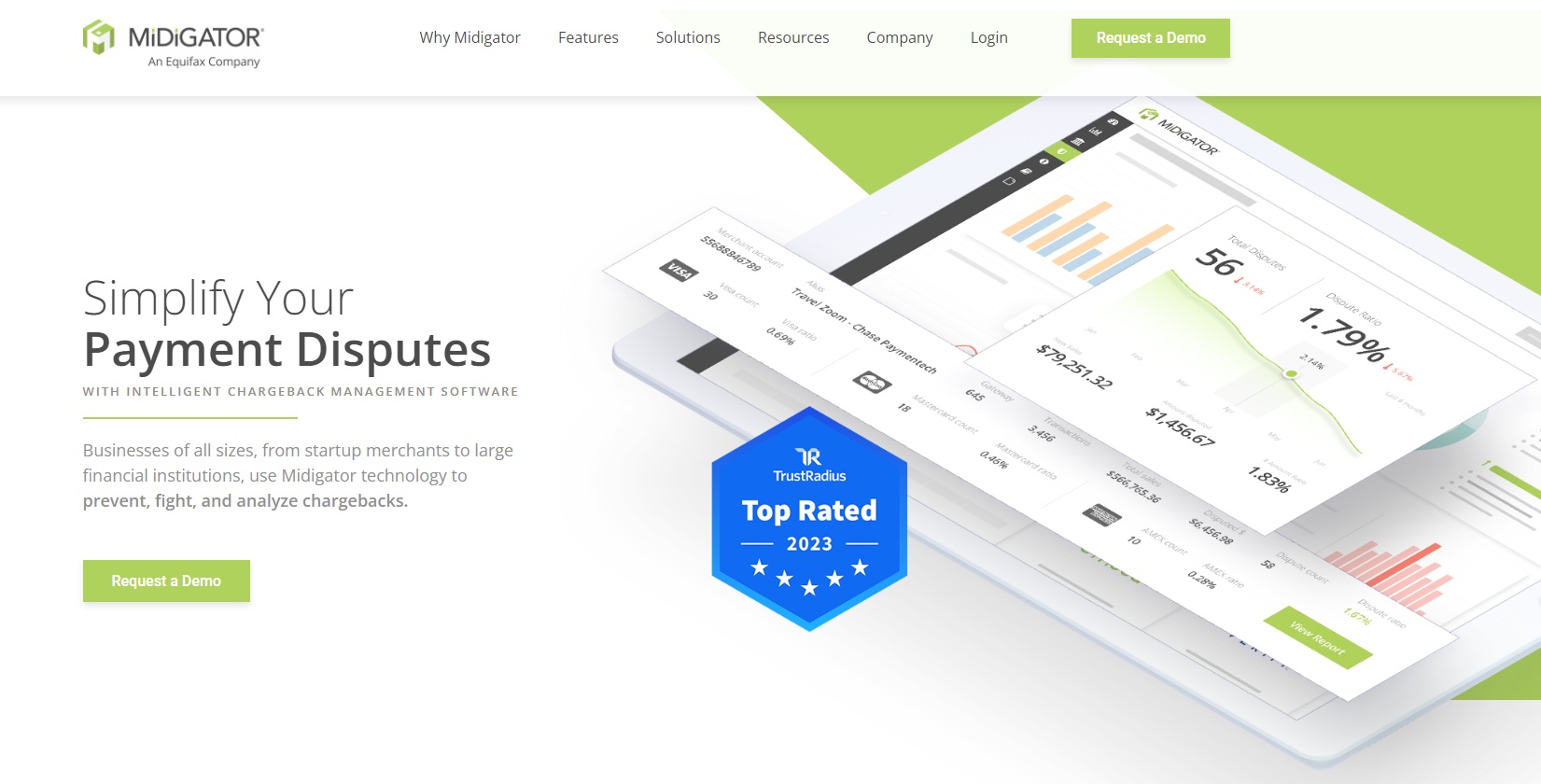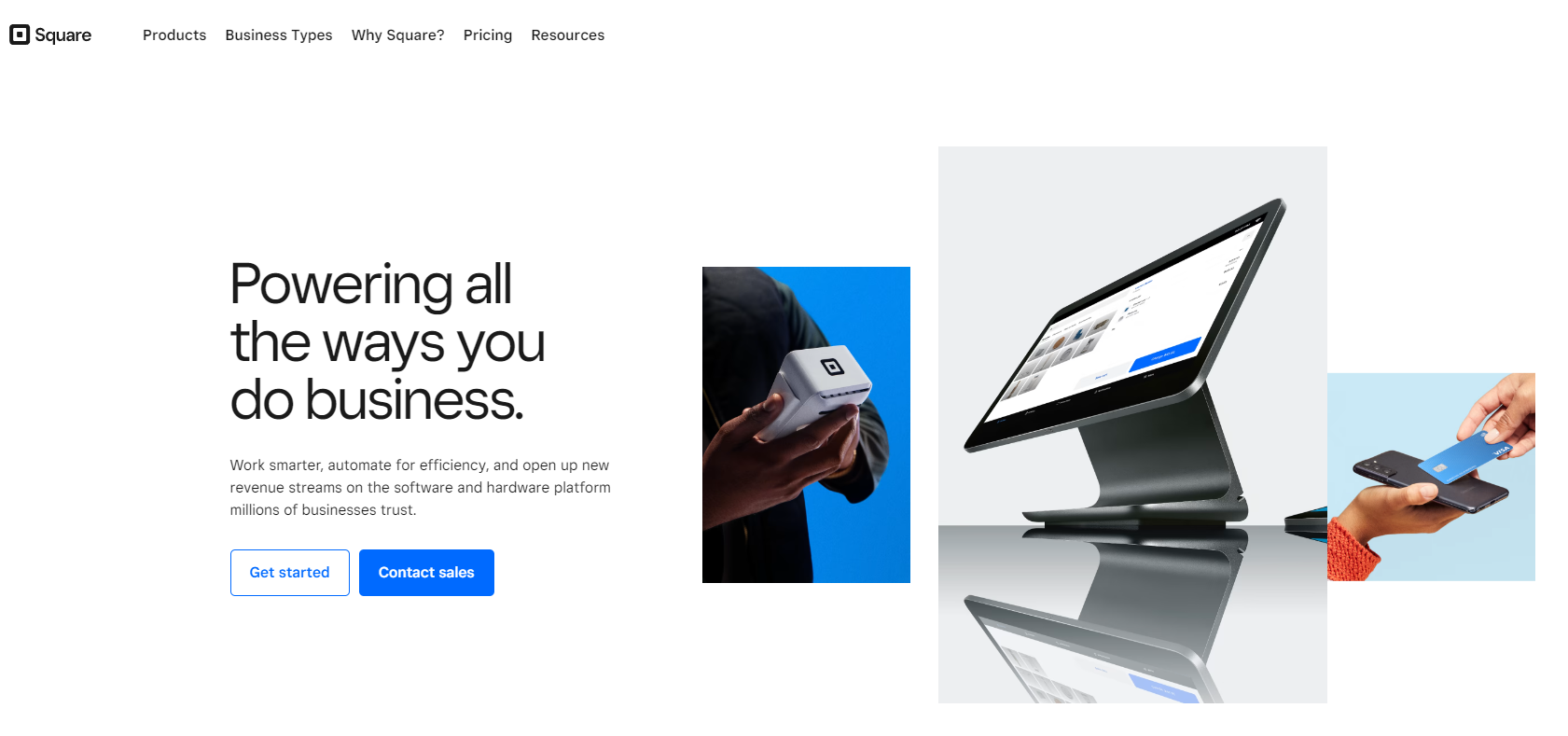The Top Chargeback Management Software for Ecommerce Businesses

Chargebacks and fraud cost ecommerce merchants over $31 billion in 2020, according to a report by Juniper Research. A chargeback is a disputed credit card transaction that is returned to the merchant's bank and deducted from the merchant's account. Chargebacks occur when a customer successfully disputes a charge with their credit card issuer.
Managing chargebacks is critical for merchants to recoup lost revenue. Research shows that companies using chargeback management software recover 2-3x more revenue than those using manual methods. Effective chargeback management also reduces fees and chargeback rates.
Exploration of Chargeback Management Software (CMS)
Chargeback management software provides automation to simplify the representment process. Core features of CMS platforms include:
- Auto-representment filing
- Workflow automation
- Case management and tracking
- Analytics and reporting
CMS solutions are offered as:
- SaaS - Merchants access the software via subscription. More configurability but merchants handle management.
- Fully-managed - Outsource to a company to handle your chargebacks. Less effort for merchants but less control.
- Hybrid - Mix of SaaS and managed services. Merchants choose which to outsource.
Top 6 Chargeback Management Software Solutions
Here is the updated article with additional details for each software vendor:
1. ChargebackHit

- Fully managed CMS for mid-market online retailers
- Provides dedicated analysts and AI-assisted representment
- Fast implementation and multi-network support
ChargebackHit services mid-sized ecommerce merchants with a fully managed CMS solution. They provide each client with a dedicated account manager and team of analysts to handle chargeback representments. ChargebackHit leverages AI technology to identify winning representment opportunities and submit filings.
A key advantage is their fast onboarding and ability to support multiple payment networks. Users praise the high win rates and customer service. Pricing starts at $299 per month plus a percentage of recovered revenue.
2. Chargebacks911

- Specialized for high-risk merchants
- Combines AI with human expertise
- Customized pricing model
With over 15 years of chargeback data and expertise, Chargebacks911 is tailored for high-risk industries prone to chargeback fraud. Each merchant gets an account manager who oversees cases and provides insights. Proprietary AI detects representment opportunities while analysts ensure optimal human-led representment.
Past clients report win rates of over 80% due to the combined AI automation and human touch. Pricing is customized based on the merchant's volume and needs. Signup includes an evaluation by a Chargebacks911 specialist.
3. Midigator

- Friendly dashboard for small businesses
- Choice of DIY or analyst-assisted representments
- Intuitive interface with automation
Midigator appeals to small ecommerce merchants with its easy-to-use SaaS platform. Users can self-file representments or get help from Midigator's analysts. The dashboard simplifies managing cases, alerts, and metrics.
Merchants highlight Midigator's intuitive interface and workflow automation. DIY plans start at $149 per month. Support options are available as add-ons. Ideal for merchants handling their first chargeback mitigation system.
4. Verifi

- Chargeback prevention tools
- Custom solutions for large retailers
- Integrates across business systems
As a chargeback prevention leader, Verifi offers comprehensive CMS along with fraud protection and analytics. Large omni-channel enterprises benefit from Verifi's scalable and customizable solutions.
Verifi can connect with multiple payment gateways, CRM systems, and other platforms. The Order Insights feature leverages AI and machine learning to identify and prevent friendly fraud. Pricing not listed publicly given Verifi's focus on custom enterprise solutions.
5. Ethoca

- "Pre-chargeback" alerts
- Faster resolution between merchants and issuers
- Top choice for subscriptions
Ethoca facilitates collaboration between merchants and card issuers to resolve disputes quickly. Their "pre-chargeback" notifications let merchants refund transactions before a chargeback is filed.
This approach is ideal when dealing with disputed subscriptions and recurring payments. Ethoca clients report over 60% reduction in chargebacks. Pricing starts around $500 per month plus volume-based fees.
6. Square

- Built into Square's payment processing
- Simple interface for smaller sellers
- Features limited compared to standalone software
Square's chargeback solution is integrated within their payment processing platform. Existing Square sellers can enable the CMS easily.
The straightforward dashboard and automation features appeal to smaller merchants. However, capabilities are more basic than full-featured standalone software. Pricing bundled into Square's payment processing fees.
Benefits of Using CMS
The key benefits of chargeback management software include:
- Improved customer retention - According to a Barker report, 63% of customers will not shop with a retailer again after a negative chargeback experience. CMS helps resolve issues faster.
- Prevent revenue loss - CMS can help merchants recover 2-3x more revenue over manual methods, potentially recovering millions depending on volume.
- Reduced chargeback processing fees and fines
- Improved operational efficiency through automation
- Better insight into chargeback patterns through analytics
- Higher customer retention by resolving issues quickly
- Reduced fraud through optimized loss prevention
Choosing the Right CMS
Consider the following when selecting a chargeback management system:
- Consider ease of setup. Implementation times range from 1 day to 4+ weeks across vendors. Read reviews on how quickly merchants were able to get started.
- Check customer service reviews and ratings on sites like TrustRadius and G2Crowd. This directly impacts your chargeback support experience.
- Integration with your payment gateways, accounting software, CRM, and other systems
- Required level of automation versus internal resources
- Flexibility in managing disputes internally versus outsourcing
- Transaction volume and maximum scalability
- Expected ROI based on revenue recovery potential
- Customer service reputation and support options
- Pricing model (fixed, volume-based, revenue share)
FAQs
How does CMS work?
CMS automates chargeback processing workflows, from extracting data to filing representations. Merchants can track cases, manage documentation, and analyze trends.
Can chargebacks be managed without software?
It's possible but not recommended. Manual methods are time-consuming and recover far less revenue. CMS automation is key for efficient processing.
What types of businesses benefit most from CMS?
Expected ROI timeframes vary but merchants generally break even within 3-9 months after implementing a CMS based on increased revenue recovery and fraud prevention.
High-risk merchants with more chargebacks see the largest ROI. But any merchant with substantial transaction volume can benefit.
How does CMS integrate with other business systems?
CMS can integrate with payment gateways, accounting systems, CRM platforms, and merchant services via APIs. This allows seamless data sharing.
How does the cost structure of CMS look like?
CMS pricing varies by provider. Smaller merchants may pay monthly fees around $100-500. Enterprise-level solutions are priced based on needs and volume. Revenue share models are also popular.
